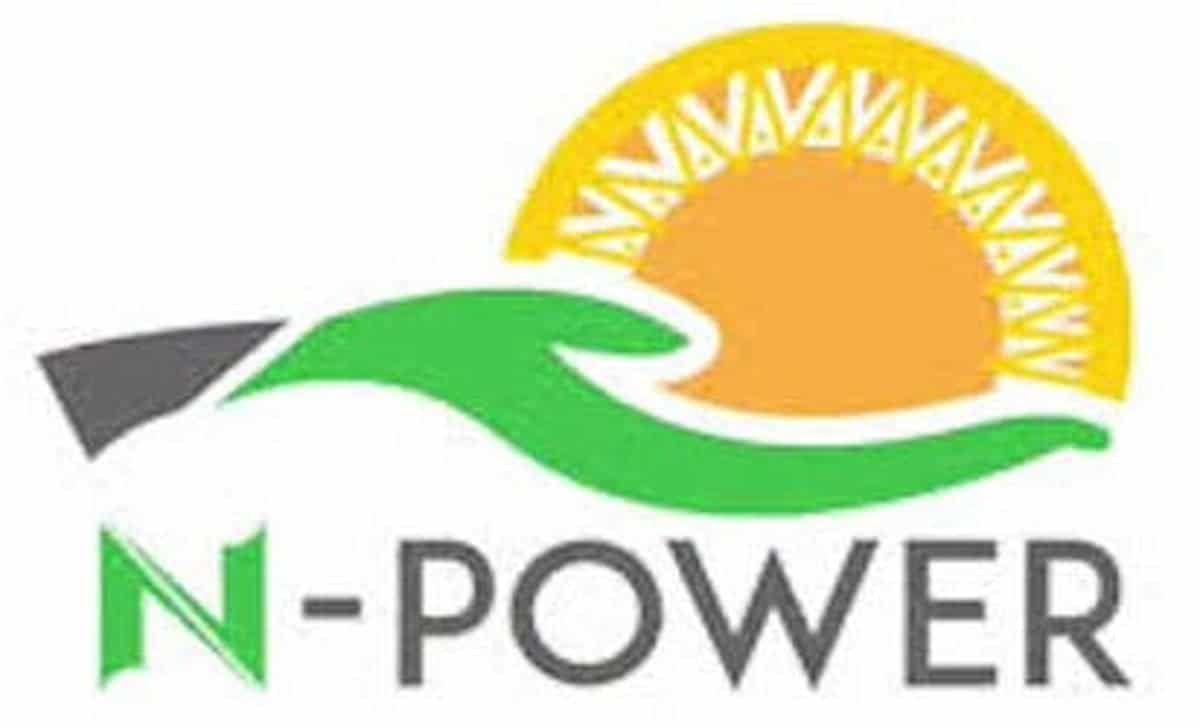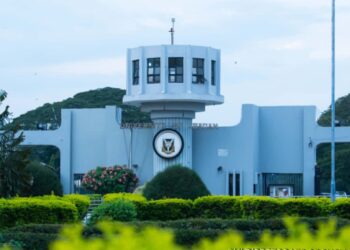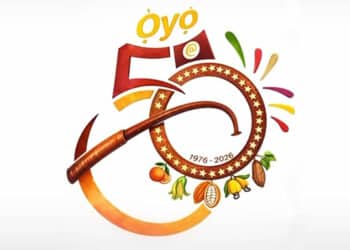The Federal Government has disclosed that 400,000 applicants will be absorbed into the third batch of its N-Power National Social Investment Scheme (NSIP).
The Federal Ministry of Humanitarian Affairs, Disaster Management and Social Development last week announced that it will commence the enrolment of the third batch of N-Power beneficiaries on 26th June 2020.
The ministry explained that the enrolment will provide opportunities for more Nigerian youths to access the programme, in furtherance of President Muhammadu Buhari’s vision of lifting 100 million Nigerians out of poverty.
The ministry also stated that the current enrolees of the scheme (Batch A) will exit June 30, 2020 while (Batch B) will exit the programme on July 31, 2020.
The scheme gave further details on the upcoming enrolment exercise via its official twitter handle @npower_ng on Monday.
The tweet reads: “This week, the N-Power portal will re-open for registration. 400,000 beneficiaries will be taken from the application pool.
“Here are some tips to get ready; get your BVN ready, ensure you are not an existing employee in any organization and application is online.”
Reacting to the tweet, some of the current beneficiaries queried the non-payment of their March, April, and May allowance.
Responding, the scheme assured that those owed will be paid before they exit the programme.
The response reads: “To our Batch A and Batch B beneficiaries, we have seen your questions on the exit plan, backlogs, and devices. In the following days, these issues will be addressed individually. Please stay tuned to our social media pages for updates.”
The N-Power Programme was inaugurated by President Muhammadu Buhari in 2016 under the National Social Investment Programme (NSIP) with the mandate of lifting citizens out of poverty through capacity building, investment, and direct support.
The programme has enrolled 500,000 beneficiaries so far with 200,000 from Batch A which started in September 2016 and 300,000 from Batch B which kicked off in August 2018.
The beneficiaries were supposed to spend not less than 24 months on the programme and were spread across the key industries targeted by the programme; agriculture, health, education, and tax.









